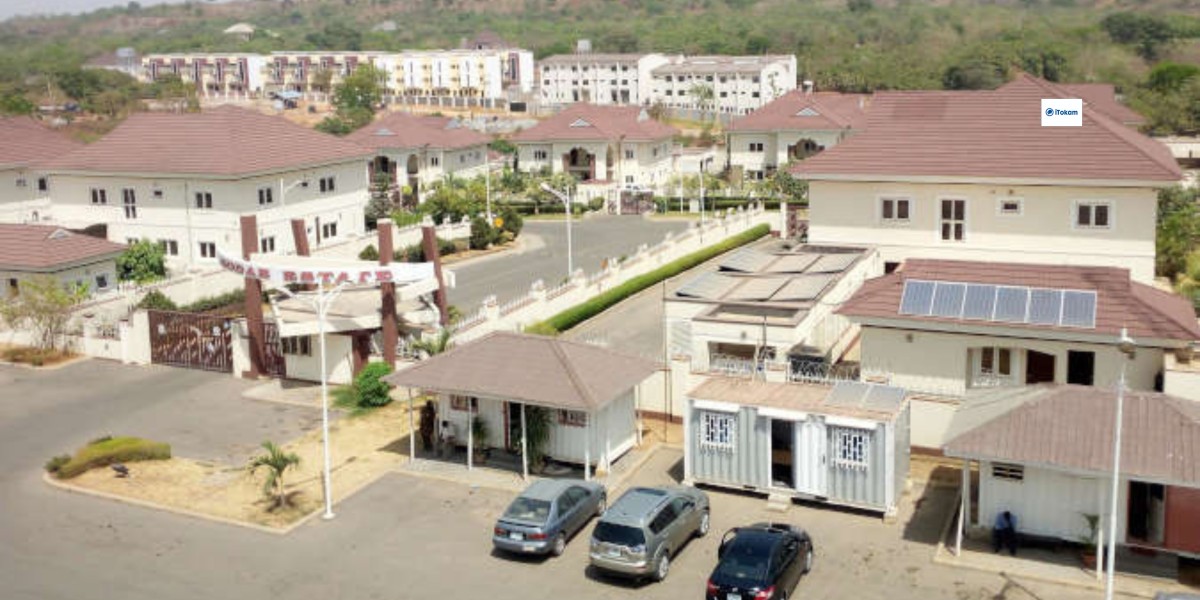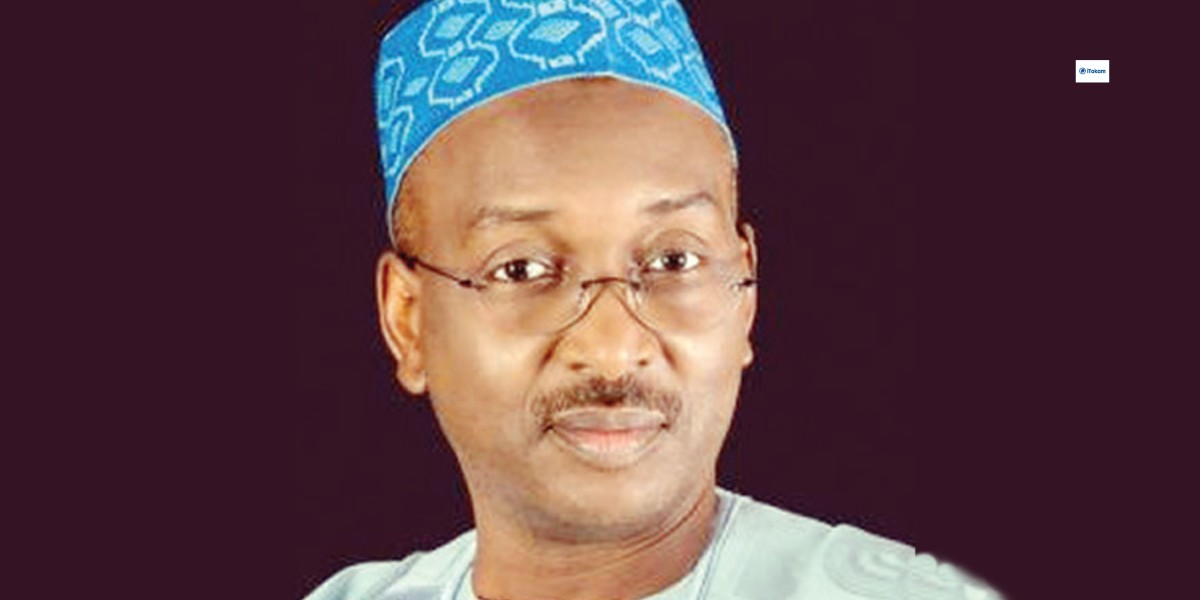Due to inflation, rising loan rates, and a drop in new investments, residential properties in Lagos, Abuja, Enugu, Port Harcourt, and Kano are out of reach for many.
Though the development is partly dynamic and demands resilient, stakeholders have complained about the lack of standards and price regulation, allowing operators to exploit system vulnerabilities such arbitrary material price increases. The Monetary Policy Rate (Interest Rate) rose to 18.75% from 16.5% in 2023. The cost of capital has grown by 12% in six months, deterring borrowing and limiting money circulation in Nigeria.
Real estate and building costs have also grown, delaying real estate supply and adding to property price pressure. Cement and other building supplies like blocks and rings have been rising in price for months. Paints, reinforcing and sanitary fittings, sand, roofing sheet, tiles, and granite prices climbed over 70%.
In core city centers, cheap and accessible neighborhoods have maintained rental growth. Diaspora spending and off-plan properties have kept sales consistent. These new gated neighborhoods and villages are where most activity occurs. Developers are focusing on one-, two-, and three-bedroom apartments and terraces due to strong demand and supply. Property specialists have noticed comparable patterns nationwide, but the percentage change may vary by class.
Rent increases in new and old buildings in Lagos are influencing the overall market. A tiny flat in Agidingbi, Ikeja, that cost N400,000 a year is now worth N600,000. An average three-bedroom flat in Ogba now costs N1.3 million, up from N800,000.One-bedroom flats in upmarket neighborhoods like Lekki Phase 1 now cost between N1.5m and N3 million, while three-bedroom flats now cost between N6 million and ₦8 million per year, starting at N4 million and N7 million.
Also Read: Naira Depreciation, Subsidy Removal Push Inflation To 22.79%
Port Harcourt, Rivers State, rents one-bedroom Rumuokwuta for N1.5m from N900,000 to N1.1m. Its two-bedroom N2.5 million variation from N2 million. GRA Phase 1 two-bedroom and three-bedroom prices rose from N700,000 to N1.5m and N2.5 to N4.5m. In Abuja, a 3/4-bedroom terrace in Wuse that cost N4 million in 2020-2021 now costs N6-7 million or more. Detached 4/5-bedroom houses in Maitama used to cost N10-N15 million, but landlords now charge N25-N30 million, and ambassadorial 4/5-bedroom detached houses cost N40-N70 million.
Knight Frank Nigeria CEO Frank Okosun said: “House prices have risen to about 40% due to inflation, both for sales and leases. The inflation jump has increased new property prices. On the supply side, market uncertainty and rising goods prices have caused stakeholders to wait and hold, slowing capital-intensive initiatives and allowing capital-efficient projects to find their market.
Given prolonged inflation and diminished purchasing power, landlords may justify the recent rental price hike and take advantage of growing demand due to sensible persons' decision to rent rather than buy. Inflation and election uncertainty have lowered investors' confidence and halted city center real estate activity, according to Okosun.
“Rising construction material costs have delayed developments, the diaspora is driving sales with a focus on off-plan properties and distressed sales, and rental prices have continued to rise with more local renters than buyers. As a function of highest and best use, Abuja developers prefer terraces above other property forms.
Okosun expects property demand to continue steady for the rest of the year. “We are still optimistic and bullish as activities may pick up this half. So far, the new administration has demonstrated they are not afraid to do difficult things, like free floating the naira.
The Lagos branch chairman of the Nigerian Institution of Estate Surveyors and Valuers (NIESV), Mr. Gbenga Ismail, said inflation had kept the market lively and raised prices in some places. Inflation has affected pricing due to replacement cost considerations. He stated Lagos has a 30–50% growth, while Abeokuta and Ibadan have 30%. Residential development is the market leader, and land sales have increased due to it.
Demand has remained consistent, fueling the demand-supply curve and maintaining value equilibrium. The property market is cash-based, therefore monetary policy may not affect the ecosystem, he added of the Central Bank of Nigeria's interest rate regime. Fiscal policy matters more. He stated that less mortgage loans will generate a market reaction. In the rest of the year, Ismail predicts "demand and supply will still increase, which means land prices will rise. "A bigger percentage gain in land than finished products. Most states' urban centers have the best land values.
Mr. Chudi Ubosi, Chairman of the Association of Capital Market Valuers (ACMV), said investors were cautious about big real estate investments in the half-year. He emphasized that residential home demand remains high. Flats, terraces, and townhomes in the N25/35million price bracket remain strong. Ubosi, who stated new policies have not affected the real estate sector, expects an increase in activities and transactions in the second half of the year.
The CEO of Northcourt Real Estate, Mr. Ayo Ibaru, said that rising house rents and inflation will cause more low-income tenants to move to low-income areas. Such relocations have been recorded from Abuja's Wuse and Utako to Niger, Nasarawa, and Kogi States. He noted that budget-friendly housing would fuel short-let apartment demand in Ibadan, Abuja, Port Harcourt, and Lagos.
“Without major financial injections into the economy, residential real estate relocation and project completions will likely decrease. Ibaru stated that land will receive a substantial percentage of investment funds pending government direction.
Dr. Yemi Adelakun, Managing Director of NISH Affordable house Ltd., said elections and a new government hindered house building in the first part of the year. The withdrawal of subsidies, which raised prices, also slowed housing market activity.
Tension from the elections and the currency crunch damaged housing in all sections of the country, especially Lagos, Port Harcourt, and Kano. Construction material price increases expectedly affected housing costs. The incomes of craftspeople also rose dramatically. New home supply may decrease in the short and medium term, but prices won't fully reflect this until the second part of the year. He claimed the high-end home market is solid because some buyers can afford inflation.
Increased interest rates will make insufficient mortgages even worse. This will hurt home demand and supply, he added.





